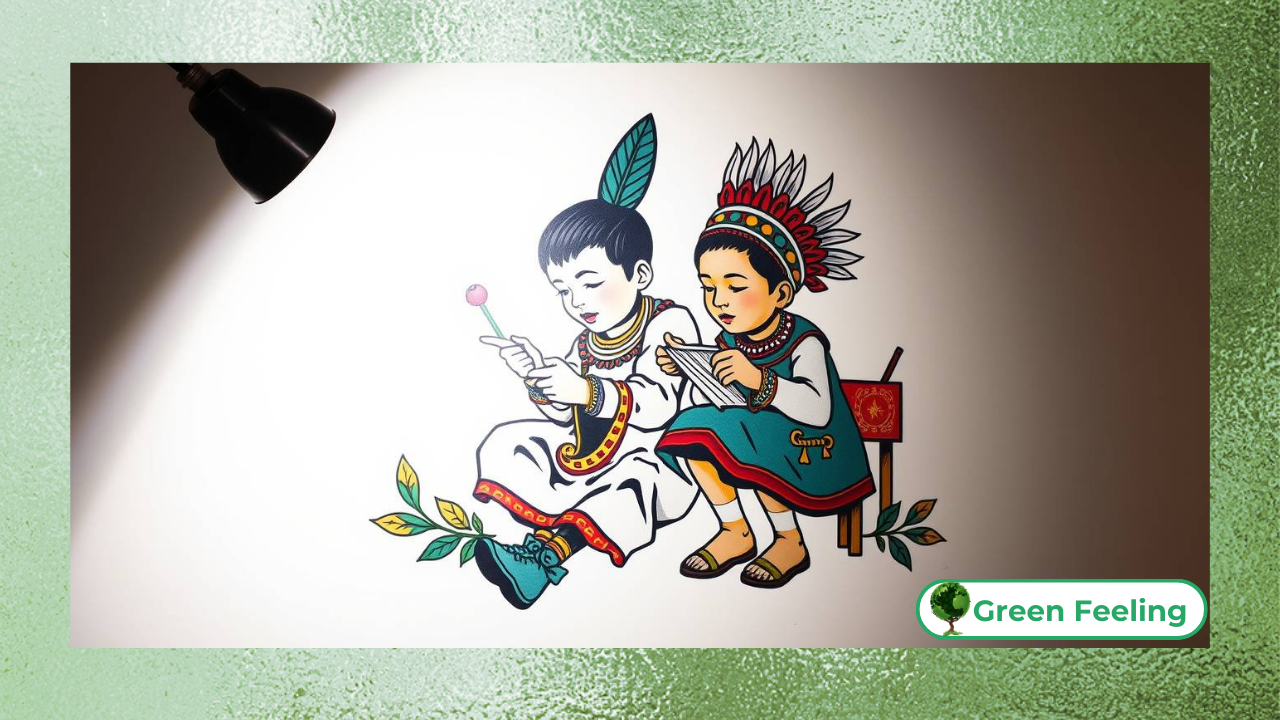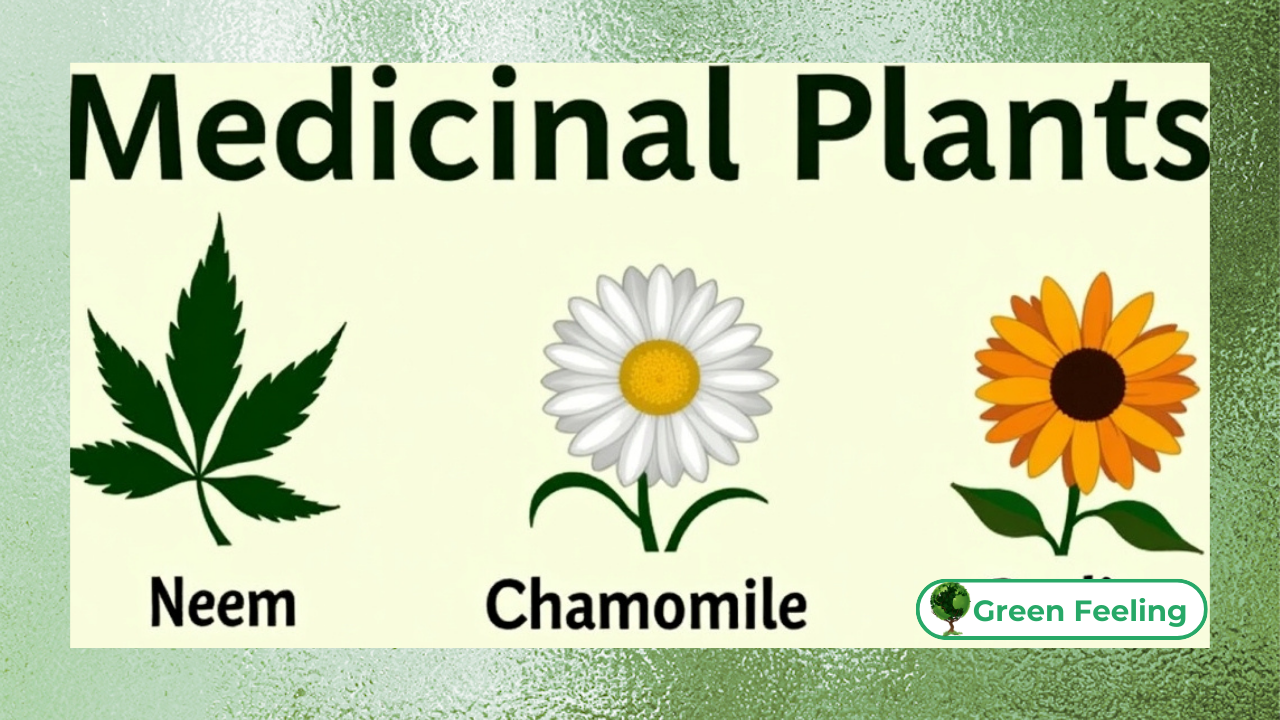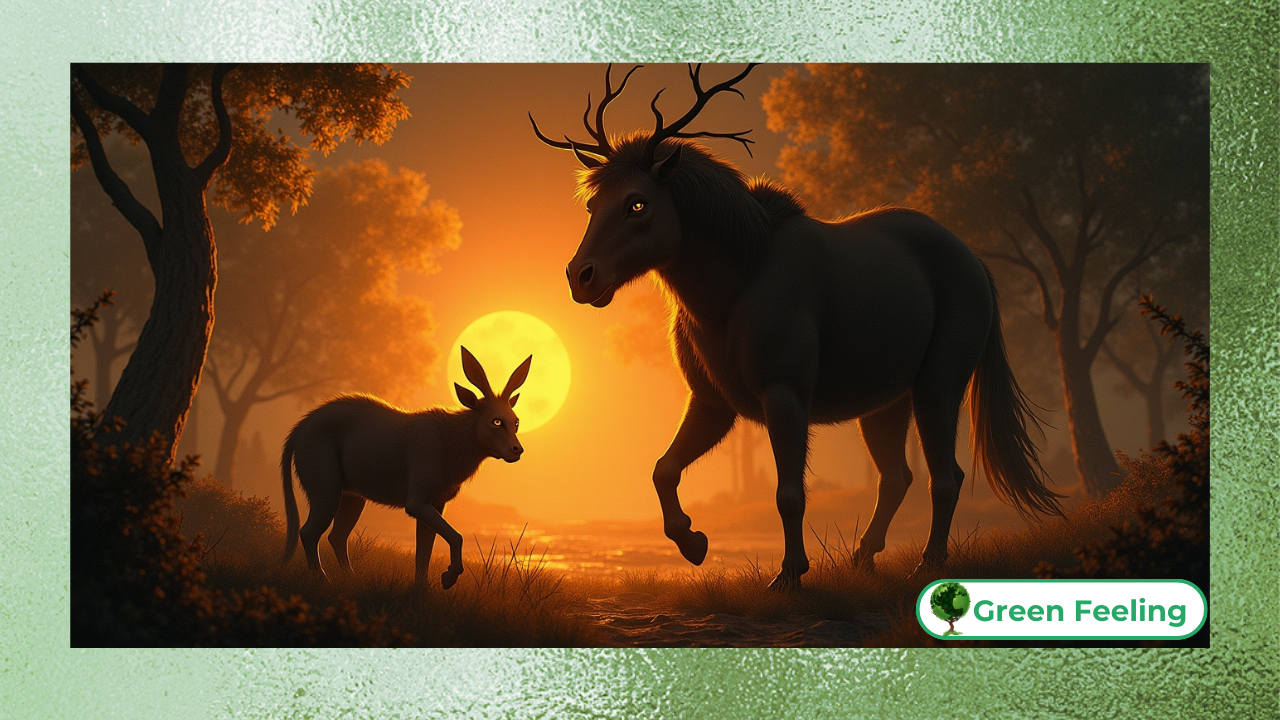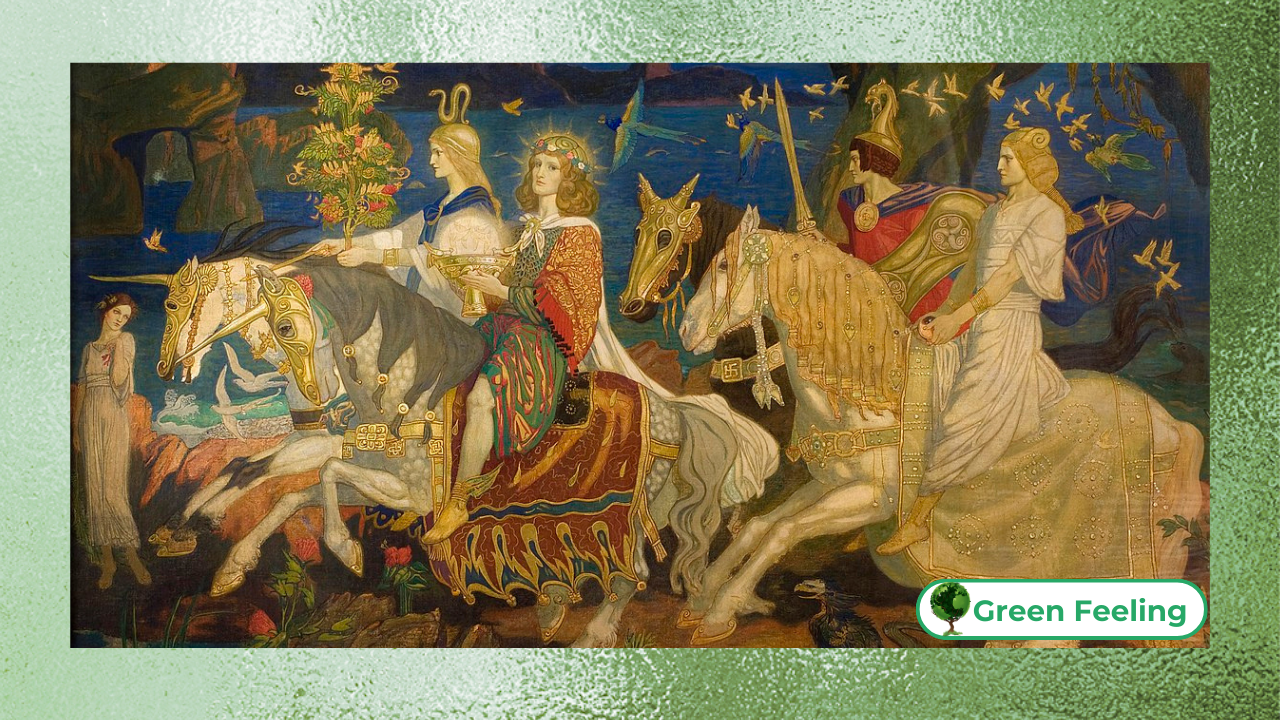African Mythology: Spirits of the Earth and Mystical Creatures
African mythology is a rich tapestry of stories, beliefs, and traditions that reflect the continent’s diverse cultures and deep connection to the natural world.
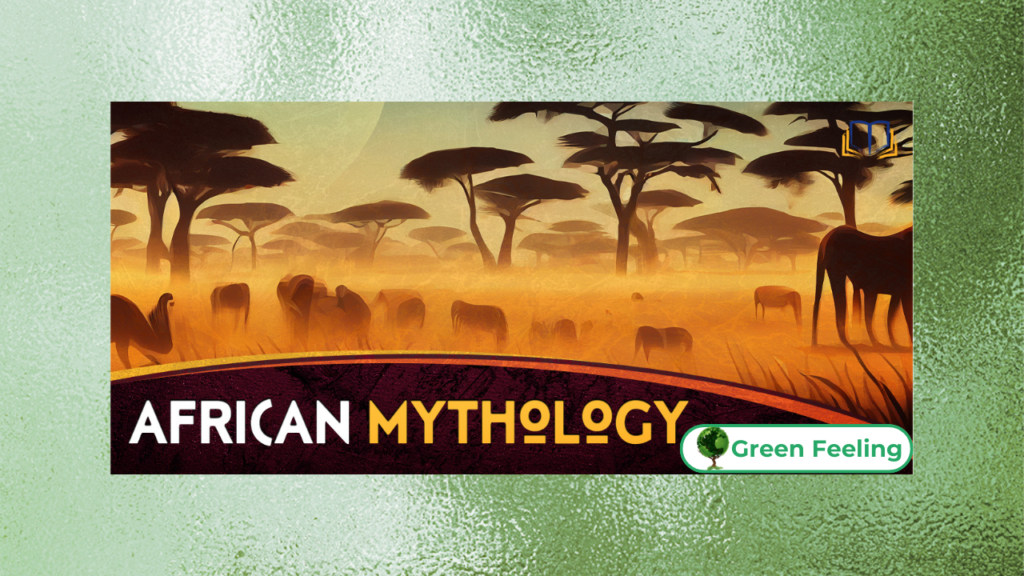
At the heart of these myths are spirits of the earth and mystical creatures that embody the forces of nature, the wisdom of ancestors, and the mysteries of life. This article explores the fascinating world of African mythology, delving into the roles of earth spirits and mythical beings, their cultural significance, and their enduring legacy.
The Essence of African Mythology
African mythology is as diverse as the continent itself, with each culture offering unique stories and interpretations of the world. However, a common thread runs through these myths: a profound respect for nature and its spiritual dimensions.
Spirits of the earth and mystical creatures are central to these narratives, serving as guardians, teachers, and symbols of the natural world. These myths are not just stories; they are a way of understanding the world and humanity’s place within it. They teach lessons about harmony, respect, and the interconnectedness of all life.
African mythology is deeply rooted in oral traditions, passed down through generations, ensuring that the wisdom of the ancestors remains alive. This article delves into the roles of earth spirits and mythical creatures in African mythology, highlighting their cultural and spiritual significance.
“African mythology is a living tradition, a bridge between the past and the present, connecting people to their ancestors and the natural world.” – Molefi Kete Asante, The Egyptian Philosophers: Ancient African Voices from Imhotep to Akhenaten
+ Norse Mythology: The Gods and Their Worlds
Spirits of the Earth: Guardians of Nature
In African mythology, spirits of the earth are often seen as guardians of the natural world. They inhabit rivers, mountains, forests, and other natural landmarks, ensuring the balance and harmony of the environment. These spirits are revered and respected, with rituals and offerings made to honor them.
Key Earth Spirits in African Mythology:
- Asase Yaa (Ashanti): The earth goddess of the Ashanti people in Ghana, Asase Yaa is associated with fertility, agriculture, and the nurturing aspects of the earth. She is honored during planting and harvesting seasons.
- Nommo (Dogon): The Nommo are ancestral spirits in Dogon mythology, believed to have created the earth and brought life to it. They are associated with water and are considered the guardians of cosmic order.
- Mami Wata (West and Central Africa): A water spirit revered across West and Central Africa, Mami Wata is often depicted as a mermaid or a beautiful woman. She is associated with healing, fertility, and the mysteries of the water.
Mystical Creatures: Symbols of Power and Mystery
Mystical creatures in African mythology often symbolize the untamed forces of nature and the unknown. These beings are both feared and revered, embodying the duality of creation and destruction. They serve as reminders of the power and mystery of the natural world.
Examples of Mystical Creatures:
- Anansi (Akan): A spider trickster god, Anansi is known for his cunning and wisdom. He is a central figure in many folktales, teaching moral lessons through his adventures.
- Adze (Ewe): A vampiric creature from Ewe mythology, the Adze can transform into a firefly and is said to prey on humans. It symbolizes the dangers of the night and the unknown.
- Grootslang (South Africa): A mythical serpent-like creature, the Grootslang is said to inhabit deep caves and rivers. It represents the primal forces of nature and the balance between good and evil.
Cultural Significance: Lessons from Mythology
African mythology is more than just a collection of stories; it is a repository of cultural wisdom and values. The tales of earth spirits and mystical creatures teach important lessons about respect for nature, the importance of community, and the balance between opposing forces.
Lessons from African Mythology:
- Respect for Nature: Myths emphasize the sacredness of the natural world and the need to live in harmony with it.
- Ancestral Wisdom: Spirits and creatures often serve as intermediaries between the living and the ancestors, conveying their wisdom and guidance.
- Balance and Duality: Many myths explore the balance between creation and destruction, life and death, and other dualities, teaching the importance of equilibrium.
+ The Natural Gods of Egypt: Mythology and Its Elements
Table: Spirits and Creatures in African Mythology
| Spirit/Creature | Culture/Region | Role and Symbolism |
| Asase Yaa | Ashanti (Ghana) | Earth goddess, fertility, agriculture |
| Nommo | Dogon (Mali) | Ancestral spirits, water, cosmic order |
| Mami Wata | West/Central Africa | Water spirit, healing, fertility |
| Anansi | Akan (Ghana) | Trickster god, wisdom, moral lessons |
| Adze | Ewe (Ghana/Togo) | Vampiric creature, danger, the unknown |
| Grootslang | South Africa | Serpent-like creature, primal forces |
Conclusion
African mythology, with its rich tapestry of earth spirits and mystical creatures, offers profound insights into the human experience and our relationship with the natural world. These stories are not just relics of the past; they are living traditions that continue to inspire and guide people today. By exploring these myths, we gain a deeper understanding of the values and wisdom that have shaped African cultures for centuries.
As we face global challenges such as environmental degradation and cultural disconnection, the lessons of African mythology remain relevant. They remind us of the importance of respecting nature, honoring our ancestors, and seeking balance in all aspects of life.
The spirits of the earth and the mystical creatures of African mythology are not just figures of the past; they are timeless symbols of the enduring connection between humanity and the natural world.
Moreover, African mythology encourages us to look beyond the material and embrace the spiritual dimensions of life. It teaches us that the natural world is not just a resource to be exploited but a sacred space to be revered and protected. By integrating these lessons into our modern lives, we can foster a deeper connection with the environment and each other, creating a more harmonious and sustainable future.
References:
ASANTE, Molefi Kete. The Egyptian Philosophers: Ancient African Voices from Imhotep to Akhenaten. African American Images, 2000.
Additional Sources:
- Asase Yaa: The Earth Goddess of the Ashanti. Available at: https://www.britannica.com/topic/Asase-Yaa. Accessed on: February 10, 2025.
- Mami Wata: The Water Spirit of Africa. Available at: https://www.metmuseum.org. Accessed on: February 10, 2025.
- Anansi the Spider: Trickster Tales from Africa. Available at: https://www.anansistories.com. Accessed on: February 10, 2025.


